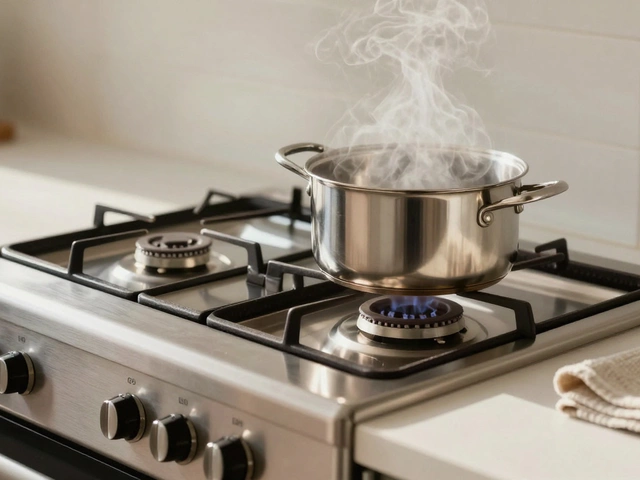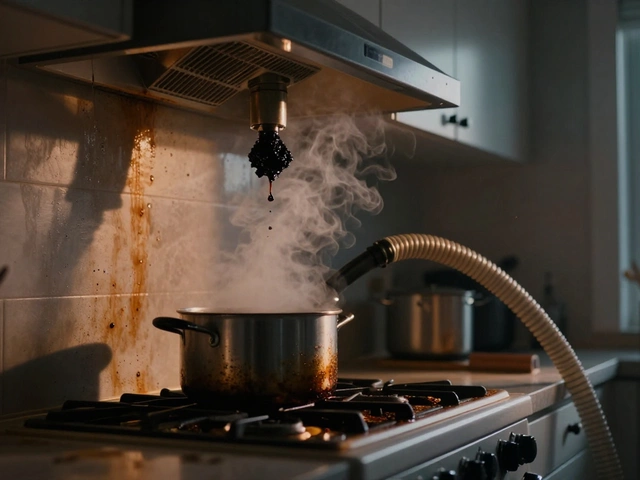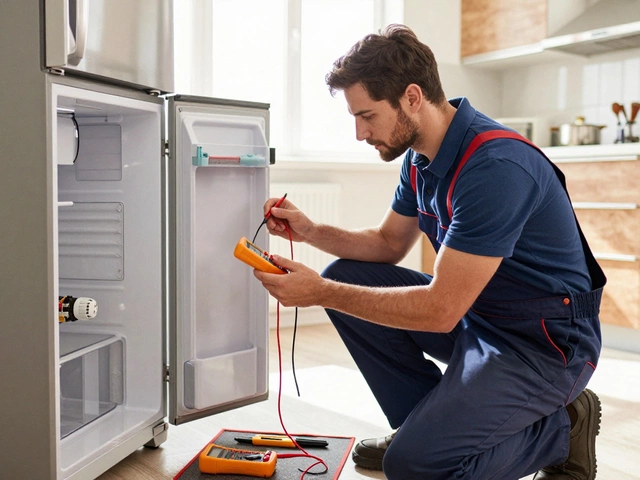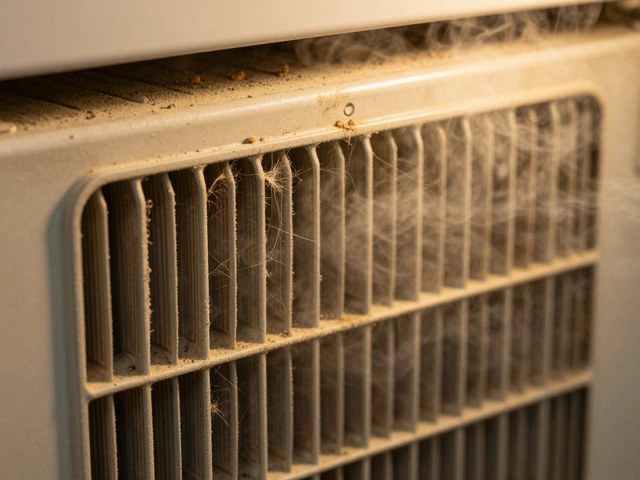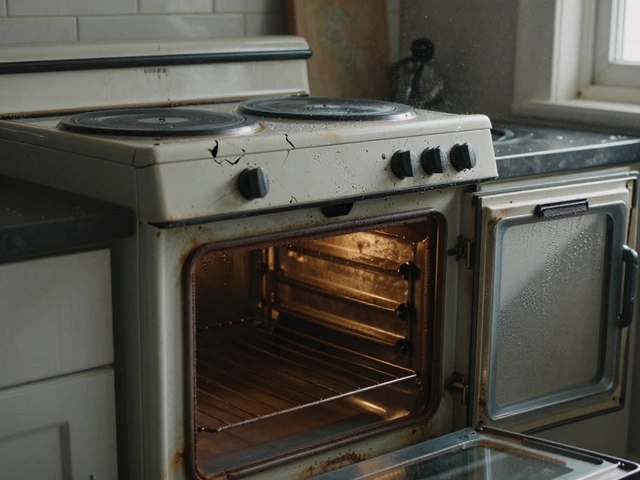Fridge Repair Tips: Simple Fixes to Keep Your Fridge Running
Got a fridge that’s acting up? You don’t have to panic or waste money on a full replacement. Most fridge hiccups are fixable with a few quick checks and a bit of know‑how. Below are the most common issues and what you can do right now.
Quick DIY Checks Before You Call Help
1. Is it not cooling? First, make sure the thermostat is set to a colder setting than it was before. If the dial looks fine, pull the fridge away from the wall and clean the coils at the back or underneath – dust acts like a blanket and blocks heat exchange.
2. Is the freezer frosting up? A frosted freezer usually means the door seal is leaky. Close the door on a piece of paper; if you can pull it out easily, the gasket needs cleaning or replacement. Wipe the seal with warm, soapy water, dry it, and test again.
3. Heard a loud humming or clicking? Check the fan inside the freezer. When the door is open, you should hear it spin. If it’s silent, unplug the fridge, remove the panel, and gently clean any debris from the fan blades. A stuck fan can cause uneven cooling.
4. Water pooling at the bottom? Most modern fridges have a drain tube that leads to a pan. If the tube is clogged, water will collect inside. Locate the drain (usually near the back wall), pour a little warm water through a pipe cleaner, and clear any blockage.
5. The fridge is noisy? Level the appliance. Use a carpenter’s level on the front and adjust the legs with a wrench until it sits evenly. An uneven fridge vibrates and makes extra noise.
Know When It’s Time to Call a Professional
If you’ve tried the steps above and the fridge is still not cooling, the problem is likely deeper – a faulty compressor, a busted start relay, or a refrigerant leak. Those parts need a qualified technician and special tools.
Also, if you notice a burnt smell, smoke, or any electrical sparks, unplug the fridge immediately and call an expert. Trying to fix electrical components yourself can be dangerous.
Another red flag is a sudden spike in your energy bill. Even if the fridge seems to work, a failing compressor can run constantly and cost you extra money.
When you call a pro, give them as much detail as possible: what you’ve checked, any strange noises, and how long the problem has lasted. This helps them diagnose faster and may even save you on labor costs.Regular maintenance can prevent most issues. Every six months, clean the coils, check the door seals, and wipe down the interior to avoid odors and mold.
With these quick tips, you’ll know whether a simple fix will do the trick or if it’s time to bring in the experts. Keep your fridge humming quietly, and your food will stay fresh without breaking the bank.
Know When Your Fridge Compressor is Toast
- Alden Wilder
- Apr 16 2025
- 0 Comments
Is your fridge acting up, and the idea of spoiled food starts haunting your dreams? Understanding when a fridge compressor bites the dust can save you a lot of hassle. This article covers the telltale signs and offers practical advice for troubleshooting and potential fixes. It's like having a handy fridge whisperer for when things go south.
View More
